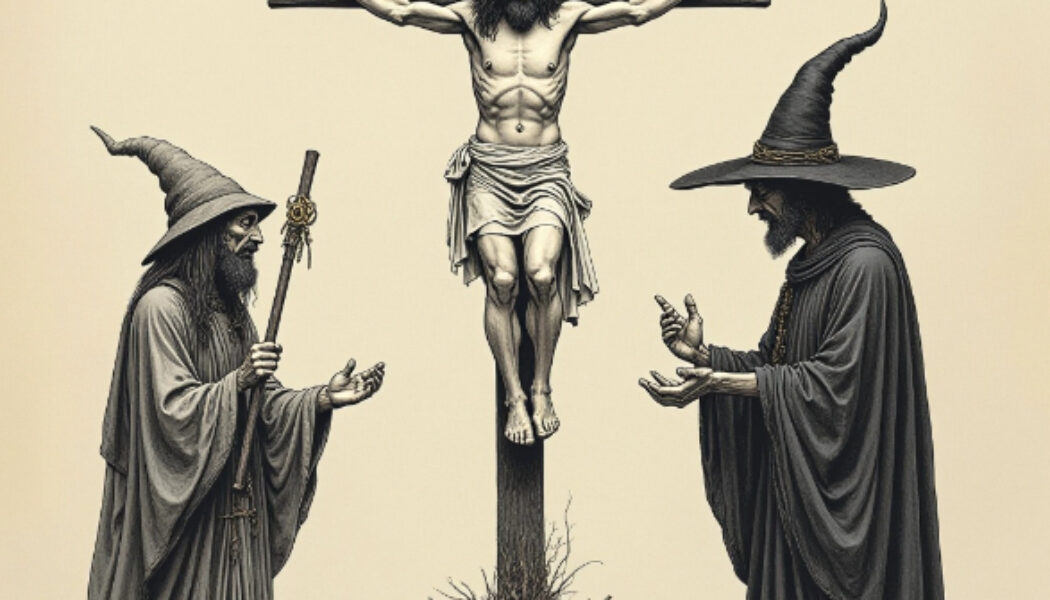Christianity
England Was Pagan Before Christian 8 The Hypocrisy of Some Christian Beliefs
While Christianity has often preached compassion, forgiveness, and love for one’s neighbor, history reveals moments when these ideals were not upheld by its own institutions or followers. The very fai...
England Was Pagan Before Christian 7: Conditioning from Birth The Shaping of Belief
In the centuries that followed, Christianity became not just a faith, but a powerful social institution that shaped every stage of life. From the moment of birth, individuals were often conditioned—so...
England Was Pagan Before Christian 6 The Witch Hunts and Suppression of Paganism
As Christianity became firmly established, the Church sought to enforce religious conformity and eliminate practices it deemed heretical or pagan. This effort reached a dark climax during the witch hu...
England Was Pagan Before Christian 5: Continuity and Transformation
This blending of traditions created a unique spiritual landscape in England, where ancient customs lived on, sometimes hidden in plain sight. Folk rituals, seasonal celebrations, and respect for the l...
England Was Pagan Before Christian 4 Adopting and Adapting Pagan Traditions
As Christianity spread, it did not erase the old ways overnight. Instead, many pagan customs and traditions were adopted or transformed to fit the new faith. For example, the festival of Yule, which c...
England Was Pagan Before Christian 3 The Introduction of Christianity
Christianity first arrived in Britain with the Romans around the 2nd century CE. Some local people adopted the new faith, but after the Romans left in 410 CE, much of their influence faded. A more org...
England Was Pagan Before Christian 2 Pagan Customs and Traditions
The pagan calendar was filled with festivals marking the turning of the year—Imbolc, Beltane, Lughnasadh, and Samhain. These celebrations honored the cycles of nature, the fertility of the land, and t...
England Was Pagan Before Christian 1 Before the Arrival of Christianity
It is sometimes said that England has always been a Christian nation. However, for over a thousand years before the arrival of Christianity, England was a land deeply rooted in pagan beliefs, customs,...

